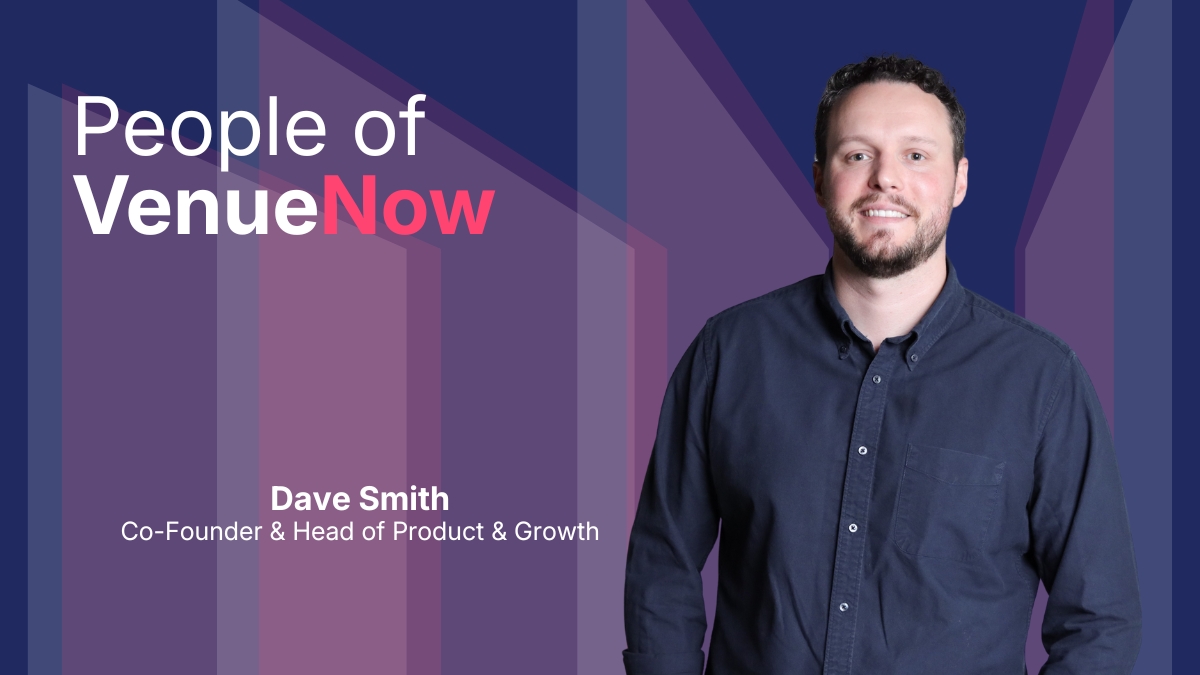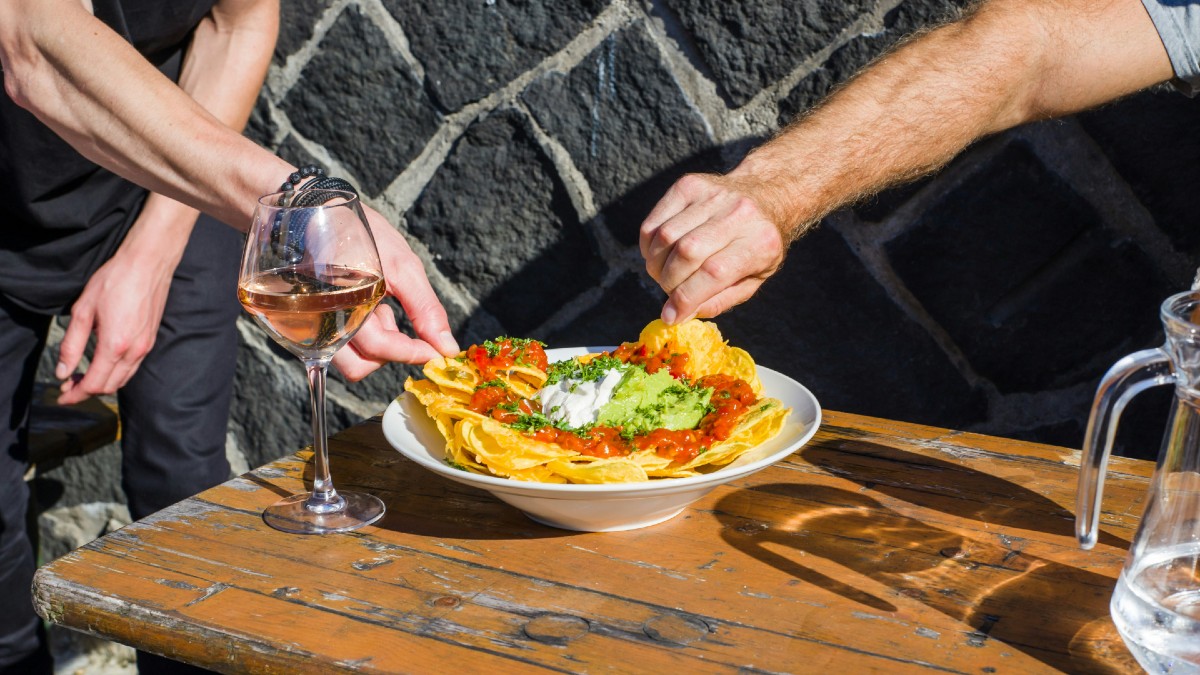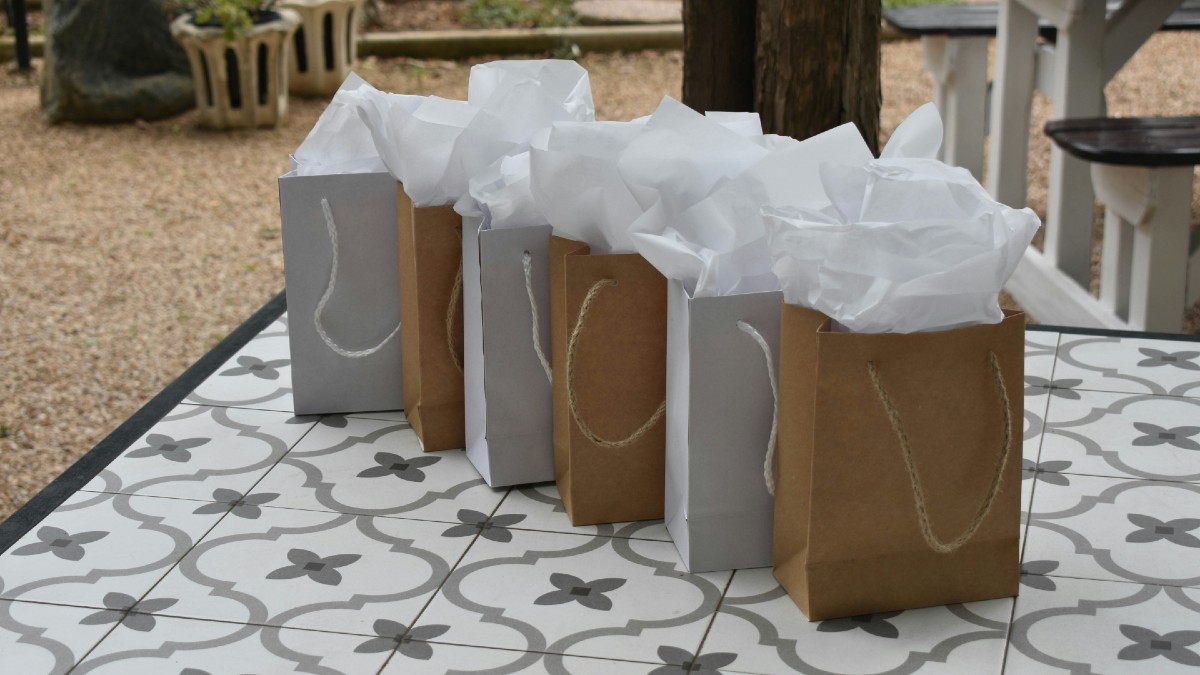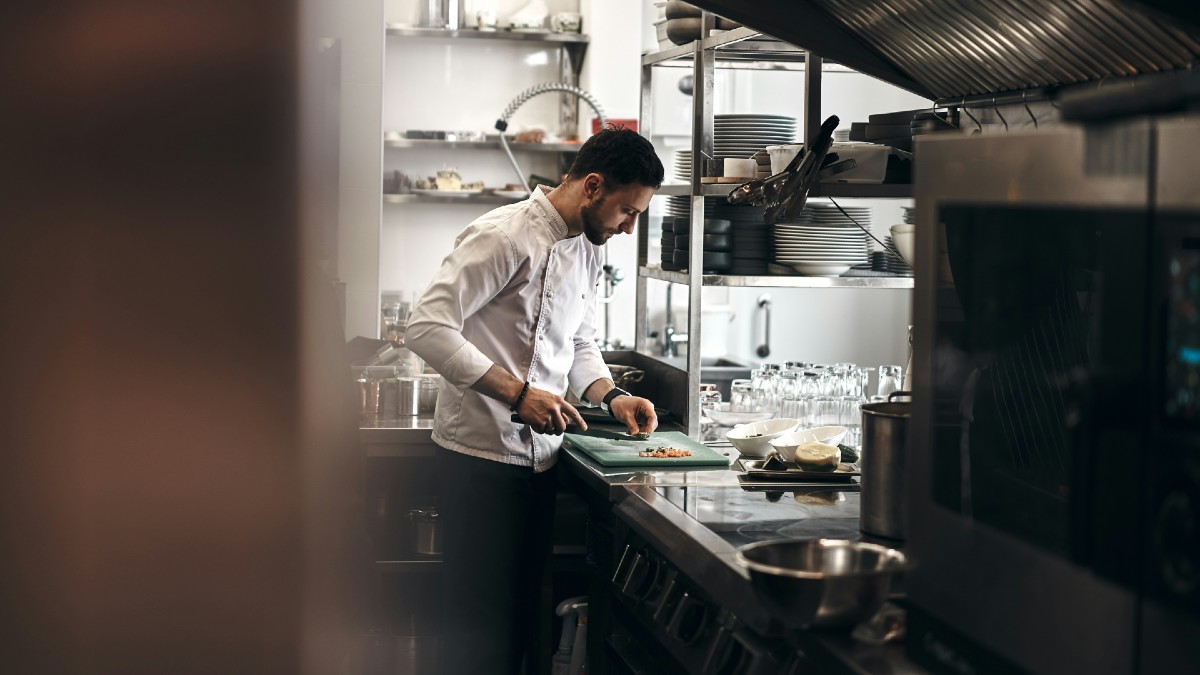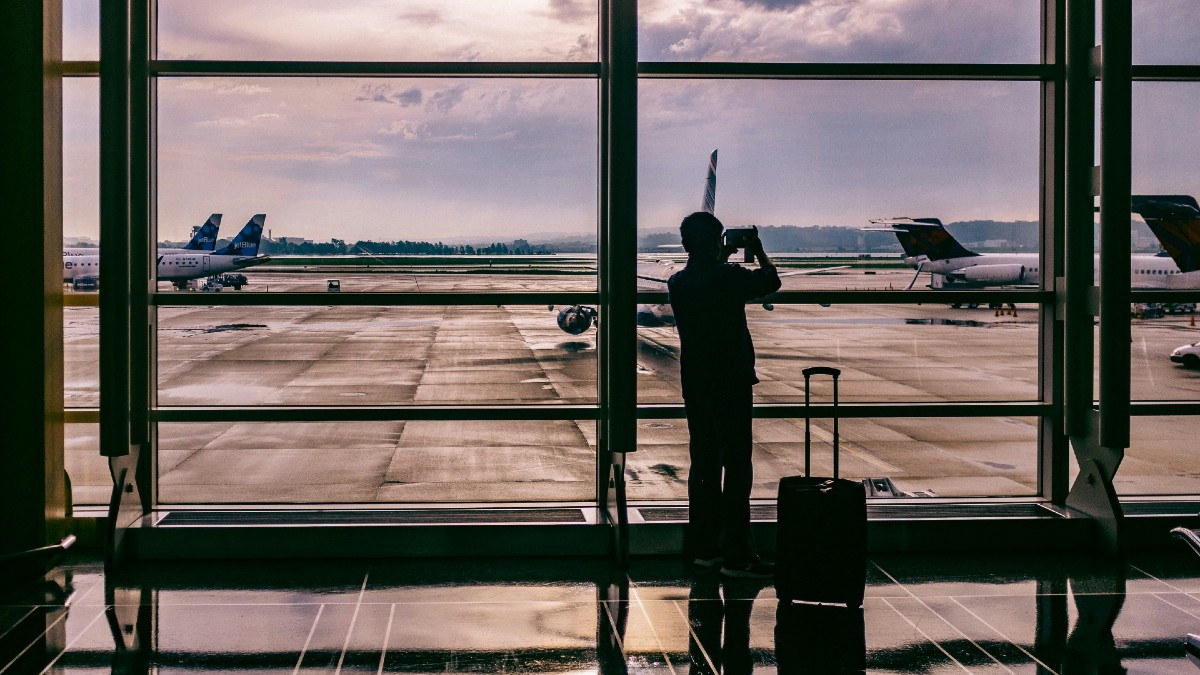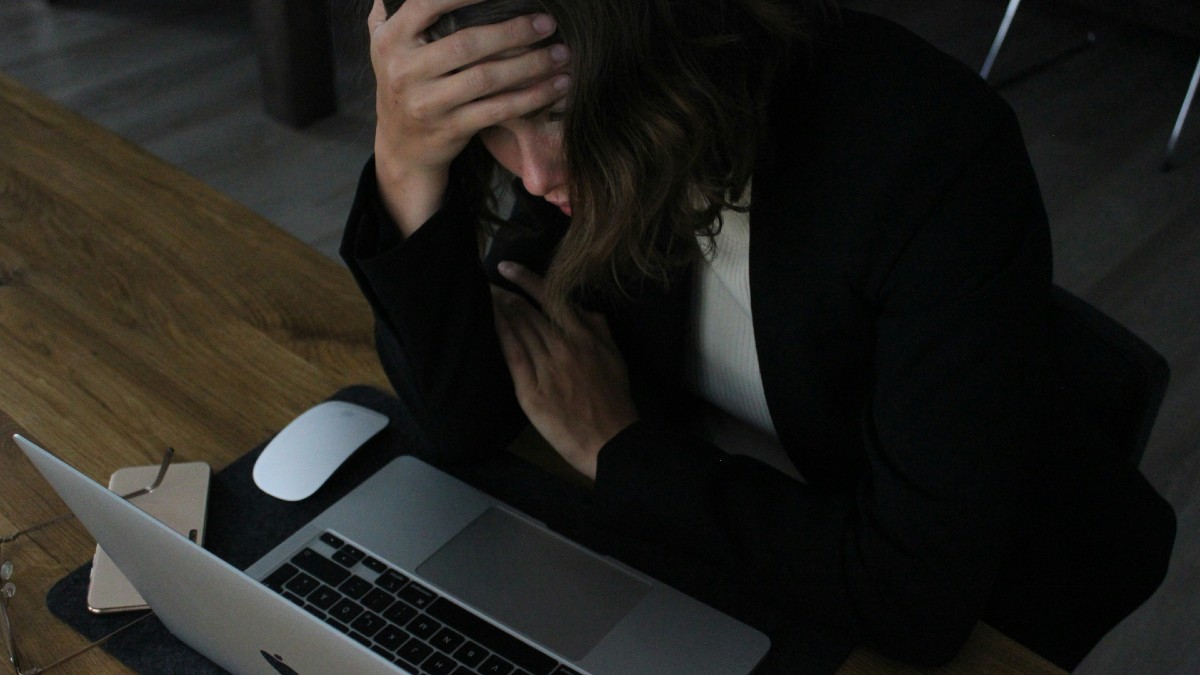
Written by: Cara Tirona
August 20, 2024
After months of planning, promoting, and executing a successful event, it's common for event planners to experience post-event fatigue. This feeling of exhaustion and burnout can be overwhelming and make it challenging to get back into the swing of things.
While taking time off to rest may sound like the best solution, there are other effective ways to navigate post-event fatigue and recover both physically and mentally. In this blog, we'll discuss some essential recovery tips for event planners to help them bounce back from post-event fatigue.
Importance of Event Planners
Before diving into the recovery tips, it's crucial to highlight the importance of event planners in the success of any event. Event planners are responsible for coordinating all aspects of an event, including logistics, budgeting, marketing, and more. Their hard work and attention to detail ensure that an event runs smoothly and delivers a memorable experience for attendees.
However, with the pressure of ensuring everything goes according to plan, event planners often neglect their own well-being during the planning process. This can lead to burnout and post-event fatigue once the event is over. That's why it's essential for event planners to prioritise their recovery after a big event.
Understanding Post-Event Fatigue
Post-event fatigue is a common experience for event planners, and it's crucial to understand its effects and symptoms. Post-event fatigue can manifest in various ways, including physical exhaustion, mental fog, and emotional depletion. Event planners may also feel a lack of motivation, difficulty concentrating, and mood swings.
Post-event fatigue is often compared to the "post-vacation blues," where individuals experience a dip in their energy levels after returning from a relaxing getaway. Similarly, event planners may feel drained and unmotivated after the intense build-up to an event and its execution. Let's dive into it more below:
Reasons Why People Experience Event Fatigue
One of the primary reasons people experience event fatigue is the immense pressure and stress involved in the planning and execution of events. Event planners often work long hours, including nights and weekends, to ensure everything goes according to plan. This can lead to physical exhaustion and sleep deprivation, which significantly contributes to post-event fatigue. Additionally, the mental strain of managing multiple tasks, solving last-minute problems, and dealing with the expectations of clients and attendees can lead to mental and emotional exhaustion. The high levels of cortisol (stress hormone) produced during this period can also impact an individual's well-being, making it hard to immediately switch off following an event's conclusion. Understanding these factors is crucial in addressing post-event fatigue effectively.
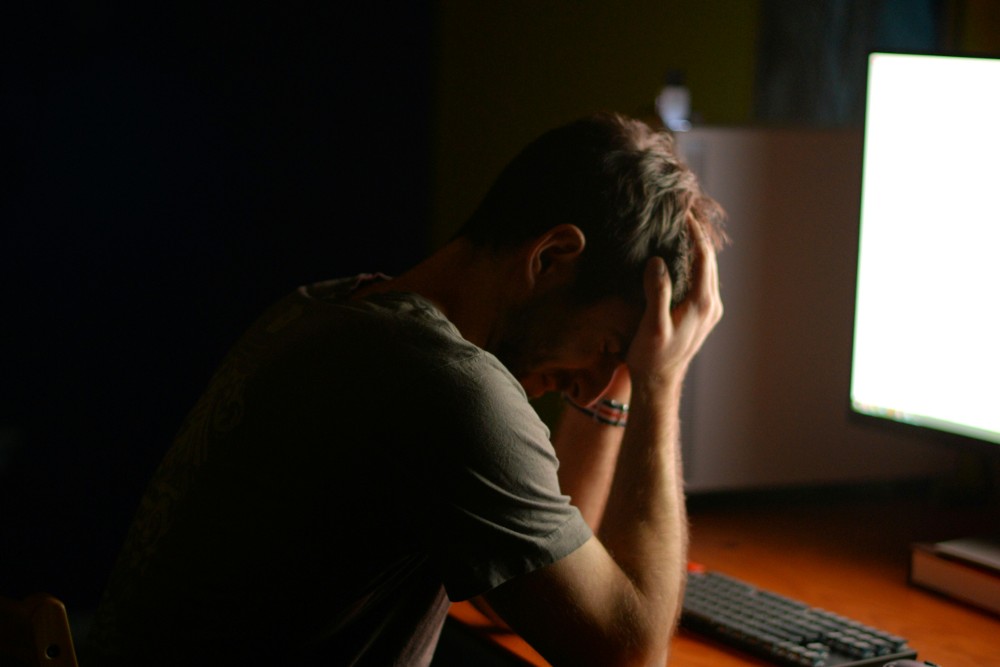
The Impact on Professional and Personal Life
Post-event fatigue can manifest in various ways, such as feeling drained, irritable, or having difficulty concentrating. These are all signs of physical and mental exhaustion, which can be overwhelming and take a toll on an individual's overall well-being.
Post-event fatigue can not only affect an event planner's professional life but also their personal life. In the workplace, it can lead to a decrease in productivity and motivation. Moreover, in their personal life, event planners may find themselves lacking the energy and enthusiasm to participate in activities with friends and family. It's essential to address post-event fatigue before it impacts both personal and professional life significantly.
Essential Recovery Tips for Event Planners
Now that we understand the effects of post-event fatigue let's dive into some essential recovery tips for event planners. These tips can help event planners bounce back from exhaustion and get back to their usual routine with renewed energy.
Rest and Recharge
The first step in recovering from post-event fatigue is to take time off to rest and recharge. This could mean taking a few days off work or reducing workload for a short period. It's essential to give your body and mind time to relax and rejuvenate after the stress of planning an event.
Practice Self-Care
Self-care is crucial for maintaining overall well-being, especially during stressful times. Event planners should focus on their physical and mental health by engaging in activities they enjoy, eating well-balanced meals, and getting enough sleep. Hobbies, exercise, and meditation can also help reduce stress levels and promote relaxation.

Reflect on Your Event
After some rest, take some time to reflect on the event and evaluate its success. This can give you a sense of accomplishment and remind you that all your hard work paid off in the end. You can also use this reflection as an opportunity to identify any areas for improvement in your event planning process. By reflecting on your previous event, you can also learn valuable lessons and apply them to future events.
Seek Support
Don't be afraid to seek support from colleagues, friends, and family during this time. Talking about your experience and feelings can help alleviate stress and provide a sense of comfort. You can also connect with other event planners through networking events or online communities to share your experiences and learn from others.

Plan Your Next Event
While it's essential to take a break after an event, planning your next one can give you something to look forward to and ease the transition back into work. However, make sure to pace yourself and not jump into planning another big event immediately. Start with small tasks and gradually increase your workload to avoid burnout.
Long-Term Wellness Practices for Event Professionals
In addition to these recovery tips, it's crucial for event planners to incorporate long-term wellness practices into their daily routines. This can include setting boundaries and prioritising self-care even during busy periods of event planning. It's also essential to have a support system in place and to communicate with your team effectively to distribute workload and prevent burnout. Event planners should also consider delegating tasks and seeking help when needed, instead of taking on everything themselves. Collaborating with a team can not only ease the workload but also provide support and new ideas.
You could also seek continuous education and training opportunities to stay updated on industry trends and best practices, which can help reduce stress levels. Furthermore, incorporating stress-management techniques such as mindfulness practices or exercise can help prevent burnout and post-event fatigue in the future. It's essential to prioritise one's well-being and not neglect it for the sake of a successful event.
Conclusion
In conclusion, post-event fatigue is a common experience for event planners, but it's crucial to recognise its effects and address them effectively. By understanding the causes of post-event fatigue and following recovery tips, event planners can overcome it and maintain their overall well-being. Additionally, incorporating long-term wellness practices can help prevent post-event fatigue and promote a healthy work-life balance for event professionals. Remember to take care of yourself during the hectic and stressful periods of event planning; your well-being is just as important as the success of the event itself!
Don't let venue selection add to your post-event fatigue. Let VenueNow streamline the process for you, ensuring you have the perfect space for your event without the hassle. Book your next event with us today!
Looking for an event venue to hire?
VenueNow has you covered with over 2,000 venues across Australia ranging from large event spaces to small meeting rooms. Find your perfect venue for hire faster than anywhere else.
Follow us on social media to stay up to date with the latest news
Customers
Want to get in contact?
Call our support team on 1300 647 488 during business hours AEST.
Follow Us
© Copyright VenueNow 2026 | SPARE GROUP PTY LTD | ABN 22 607 830 302




